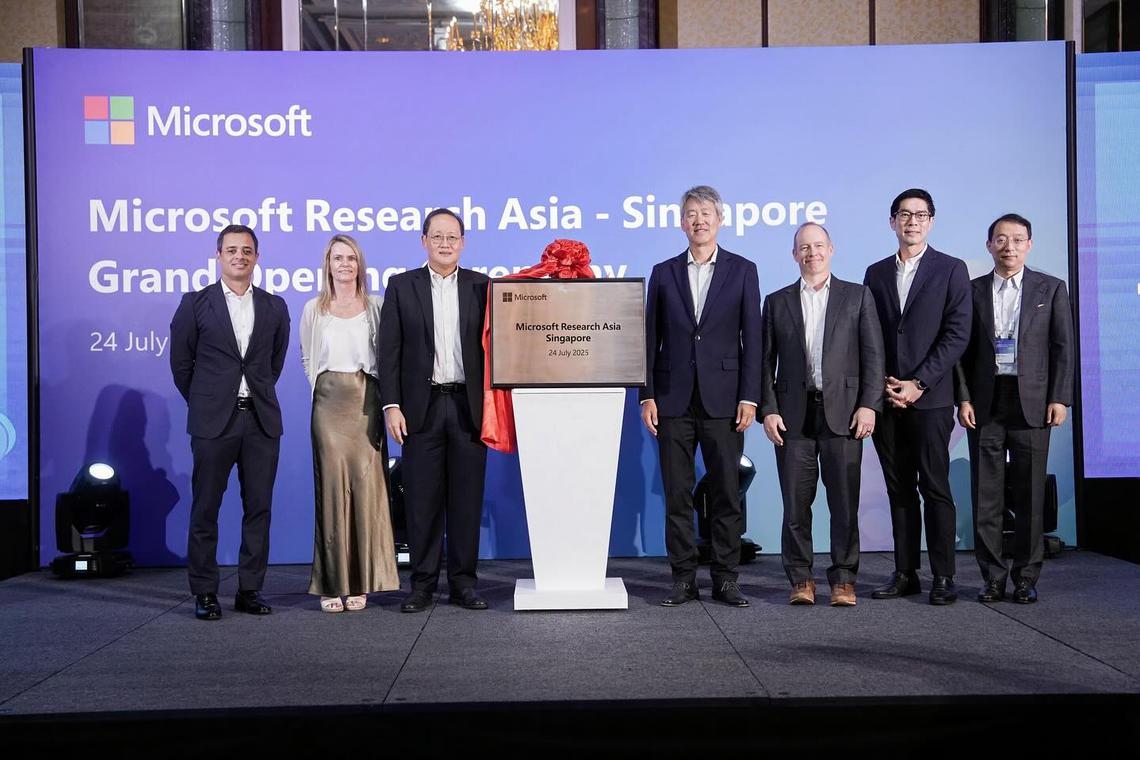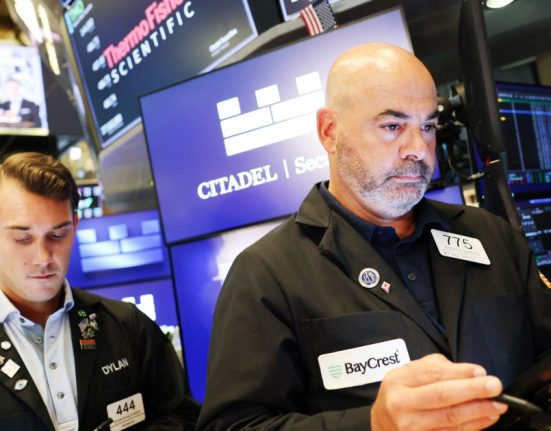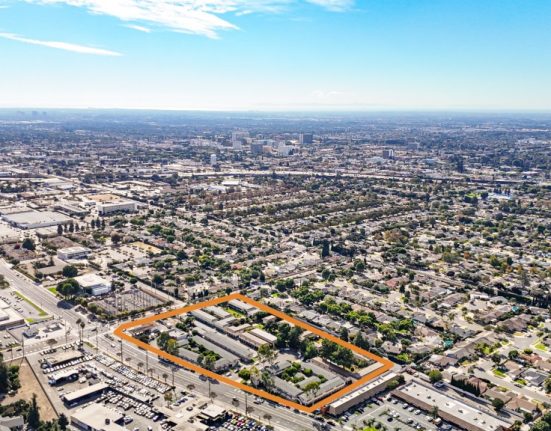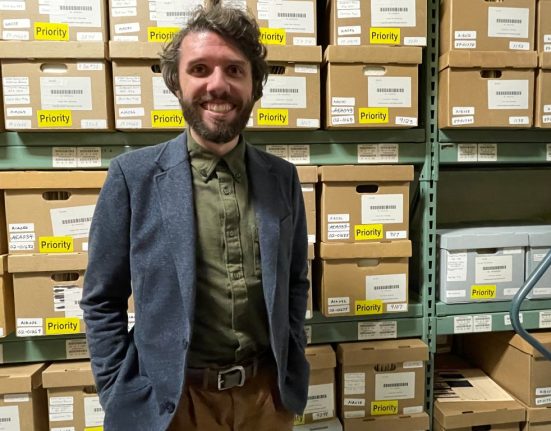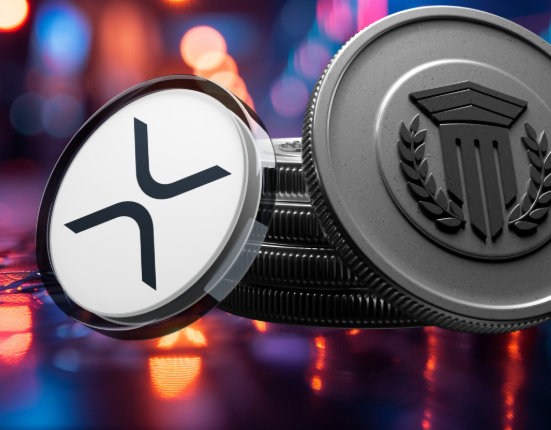SINGAPORE – With US President Donald Trump’s tariffs causing upheaval in global trade, tech giant Microsoft is hoping to do research on how to create an artificial intelligence (AI) model that can help manufacturers in Singapore manage the increased costs linked to supply chain disruptions.
Projects like this are some endeavours that Microsoft’s newly launched research and development centre for AI in Singapore will look into.
Microsoft Research Asia Lab (MSRA), the company’s 14th research lab and its first in South-east Asia, was officially unveiled at a ceremony held at Shangri-La Singapore on July 24.
The lab is located in the company’s office in Frasers Tower in Cecil Street, staffed by a “small crew” of newly hired researchers, said president of Microsoft Research Peter Lee.
Speaking to The Straits Times on the sidelines of the opening ceremony, Mr Lee said that Microsoft is seeking local collaborators to apply advanced AI technologies in key industrial domains like logistics, manufacturing, finance and healthcare.
He pointed out that a manufacturing company in Singapore would need to source for various types of components for its products, and its prices may be drastically affected by trade tariffs.
“On a daily basis, both the supply as well as the pricing of those components are fluctuating. The question then is, how can you optimise, on a day-to-day or even hour-to-hour basis, where you’re going to source for those components?”
“It turns out that those problems end up being so complex that they’re beyond a human’s capability to understand. But there’s a real opportunity for artificial intelligence to help with that,” said Mr Lee.
Mr Lee said that Singapore is a good place to develop and test such an AI model because of the level of sophistication in the country’s manufacturing sector, along with its port city status.
In the finance sector, Microsoft hopes to create an AI model that can take in insights from the news and earnings reports of companies to more accurately make predictions about the direction that markets will be moving in.
“In a country like Singapore where its financial organisations are connecting the Asian and Western markets, it gives us new tests, opportunities and sources of data to train those AI models,” said Mr Lee.
The new research lab is also collaborating with healthcare cluster SingHealth on precision medicine, where AI can be tapped to enhance diagnostic accuracy for better patient outcomes.
As an example, SingHealth is exploring using an AI tool called Gigapath for cancer diagnosis to better detect those who might be at risk of colorectal cancer.
The AI tool could be used to analyse high-resolution pathology images to detect cells that could cause other cells to be more likely to develop into cancer.
“By integrating machine-discovered features from tumour specimens with individual patient data, we enable clinicians to make more precise outcome predictions and craft personalised treatments,” said group chief executive officer of SingHealth Ng Wai Hoe.
The new research also builds on the company’s efforts to support development of AI talent.
For example, since April 2025, MSRA has collaborated with the National University of Singapore and Nanyang Technological University on an industrial postgraduate programme, where experienced researchers from the lab will mentor participating PhD candidates in Singapore.
MSRA will also be partnering the two universities and A*Star on joint research in fundamental AI, to improve tasks involving problem-solving, pattern recognition and decision-making.
In a speech at the opening ceremony, Minister-in-charge of Energy, and Science & Technology Tan See Leng said that he welcomes MSRA’s plans to improve AI capabilities through partnerships with Singapore’s research agencies, institutes of higher learning, enterprises and local start-ups.
“For our local start-ups, we encourage them to work with MSRA to tap on Microsoft’s partner ecosystem and GenAI platforms and tools to speed up AI value discovery across industries and spur AI experimentation,” said Dr Tan.
He added that Singapore is committed to supporting companies as they work towards developing and deploying AI solutions.
To that end, Singapore has worked with companies to set up over 40 AI Centres of Excellence, which are hubs to drive AI innovation activities.

